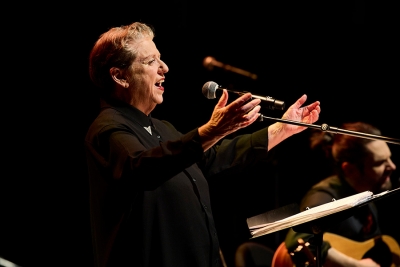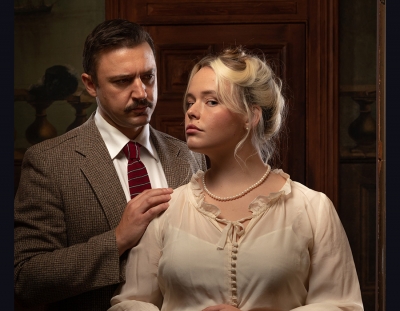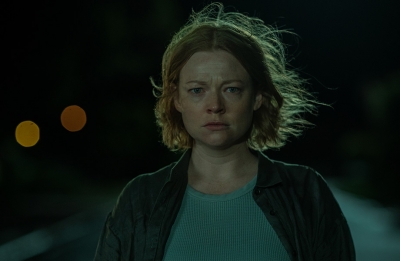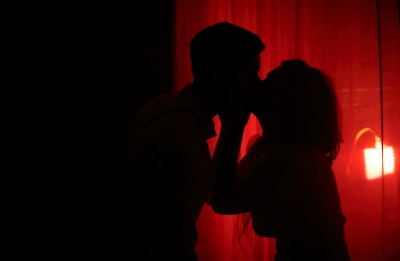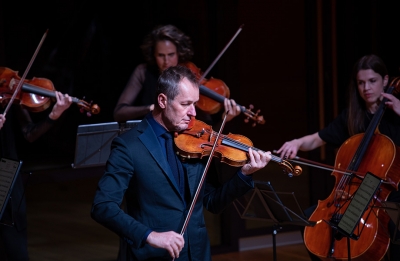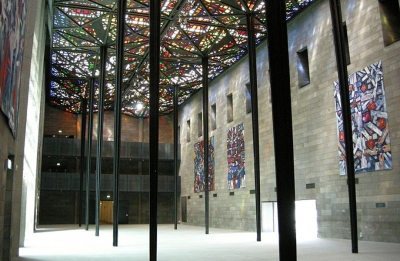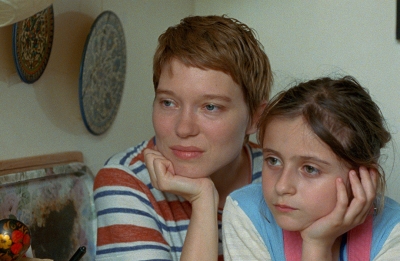Recent reviews
Film | Theatre | Art | Opera | Music | Television | Festivals
Welcome to ABR Arts, home to some of Australia's best arts journalism. We review film, theatre, opera, music, television, art exhibitions – and more. To read ABR Arts articles in full, subscribe to ABR or take out an ABR Arts subscription. Both packages give full access to our arts reviews the moment they are published online and to our extensive arts archive.
Meanwhile, the ABR Arts e-newsletter, published every second Tuesday, will keep you up-to-date as to our recent arts reviews.
Recent reviews
In a documentary landscape populated by all manner of personalities, styles, and political commitments, there is still something singular about the verbatim approach. While re-enactments in documentaries can often overdramatise a sequence of events, or can play fast and loose with history, verbatim filmmaking involves the exact reproduction of words spoken or written down at some point in the past.
... (read more)How might Australian history be characterised in song? Described as 150 years of alternative Australian voices, Robyn Archer’s An Australian Songbook is a very personal song selection that convincingly shows how song is the lifeblood of a healthy society, and a mirror to it.
... (read more)Is it time for Joyce’s Exiles to come in from the cold? Joyce’s only extant play has long been marginal within his oeuvre, scantly loved even by Joyce enthusiasts, and seldom produced for stage. Bloomsday in Melbourne, which has been making live theatrical adaptations of James Joyce’s prose work for some thirty years, has only got round to putting it on now, the first ever production in Victoria.
... (read more)A sense of dread permeates Australian director Daina Reid’s (The Handmaid’s Tale) début feature film, Run Rabbit Run, which had its première at Sundance earlier this year.
... (read more)The Poison of Polygamy originally appeared serially in Melbourne’s Chinese Times in 1909–10. Wong Shee Ping’s novella is a kind of Cantonese Rake’s Progress by way of Rider Haggard, relating the wanderings and misadventures of a man sojourning in Australia, and the yearnings of the wife he leaves behind at home.
... (read more)For fans of Tennessee Williams and this most famous of his plays, this production (directed by Alexander Berlage and produced by Redline Productions) is superb! Buy a ticket now, for the shoebox theatre of the ‘Old Fitz’ can seat only fifty-five people and, like the candles of a Tennessee Williams imaginary, this show will burn brightly, but only for a short time.
... (read more)As much as it is a continual delight to hear the Australian Chamber Orchestra (ACO) giving unfailingly wonderful performances in its national touring programs, one is often left yearning to know more about this ensemble’s inner workings and how it creates its magic. For in its artistic director, Richard Tognetti, one might say there is indeed something of the magician, evident both in his own uniquely arresting violin playing and in the way he elicits quite startling results from his fellow musicians.
... (read more)Recently, it was disclosed that the National Gallery of Victoria now pays the salaries of ten per cent of its permanent staff from donations. The Art Gallery of New South Wales’s Sydney Modern Project currently derives around a third of its budget from private donors.
... (read more)In French filmmaker Mia Hansen-Løve’s One Fine Morning (Un beau matin), books play a significant role: as physical objects, gifts, talismans, sources of connection, works in progress. Above all, books can represent a life.
... (read more)John Farnham nearly missed the launch party for his most successful album, Whispering Jack (1986) – he was stuck on a couch in a foetal position. He was under immense pressure. His three-year stint as lead singer of Little River Band (LRB) had left him saddled with some of LRB existing debt. Whispering Jack was clearly his last chance to show the world the kind of artist he thought he could be.
... (read more)


